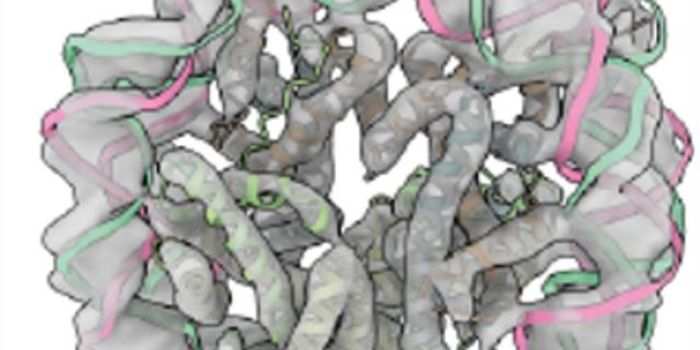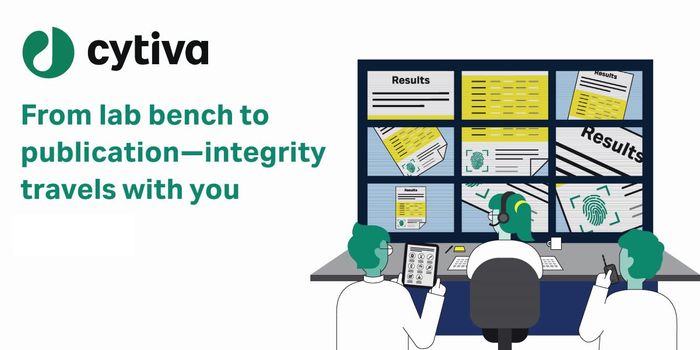New Insights Into Down Syndrome
Down syndrome affects around one in 640 children born in the US every year, and is the most common genetic cause of intellectual disability. About 15% of Downs cases are due to the presence of an extra copy of chromosome 21; these cases are also known as trisomy 21. Children with Down syndrome experience developmental delays, shortened lifespans, and have a higher risk of several conditions like vision problems; about half of these individuals are born with congenital heart defects. Two new studies have provided novel insights into Down syndrome, and potential ways to counteract its health effects.
One common heart defect in Down syndrome is a problem with the atrioventricular canal (AVC) that interferes with the connections between the upper and lower chambers of the heart. The AVC contains cells that are crucial to the development of heart valves.
Reporting in Nature, scientists have learned more about a protein that is critical to the repair of damaged DNA and the control of DNA replication, and how it may be related to Down syndrome.
In this study, a team of researchers used CRISPR gene editing to add extra copies of genes found on chromosome 21 to a cell model. This revealed that a gene called high mobility group nucleosome binding protein 1 (HMGN1) caused serious problems when three copies were expressed in cells. When 3 copies of HMGN1 were expressed in heart cells called AVC cardiomyocytes, the cells showed signs of abnormalities. Then, when an extra copy of HMGN1 was removed from a mouse model of trisomy 21, heart defects were rescued, and mice had fewer heart problems.
The researchers are hopeful that this new data will provide new treatment avenues for these health issues.
In an unrelated paper published in Cell Reports, scientists determined that when a molecule called pleiotrophin was given to a mouse model of Down syndrome during pregnancy, brain function was improved in offspring.
The researchers knew that levels of pleiotrophin are unusually low during the development of fetuses with Down syndrome. Since this study used viral vectors to deliver the molecule to mice in utero, it is still a long way from use in humans. But this study has shown that when astrocytes were exposed to additional pleiotrophin during development, it increased the number of synapses in the developing hippocampus. This region is known to be crucial to learning and memory.
The researchers also noted that these findings could have applications for other disorders, since it seems to show that astrocytes can stimulate improvements in neural plasticity in the brain.
Sources: Nature, Cell Reports









